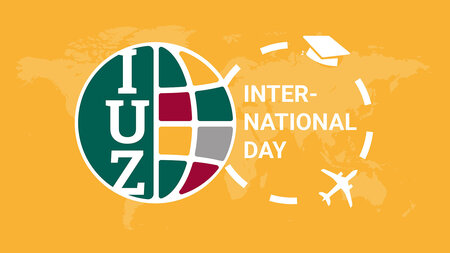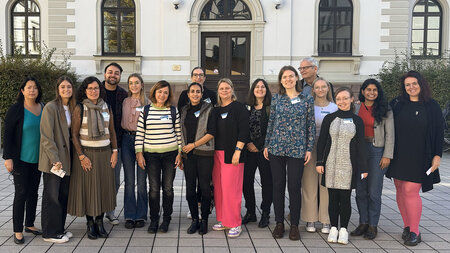Studies at Chemnitz University of Technology
Degrees
In the year 1999 the ministers of education of 29 countries, underneath them Germany, signed the "Bologna Declaration on the European Space for Higher Education" with the objective to enhance significantly the international compatibility and global competitiveness of the European universities.
One of the main steps of the reform of the higher education system within the so-called „Bologna-Process“ was the facilitation of the international mobility of students from and towards Europe, i.a. by the introduction of a two-cycle study system with the degrees “Bachelor” and “Master” in all member countries of the „European Higher Education Area“ as well as by the simplified recognition of academic achievements earned abroad at the home university in the form of a consistent credit-point-system (ECTS).
At Chemnitz University of Technology the process of conversion from the former structure of studies to the new internationally compatible BA/MA-study system is already completed for a while. By now, the 8 faculties offer nearly 40 Bachelor- and more than 60 Master programs – and almost every term additional offers are created!
The bachelor as the first professionally qualifying degree is awarded at Chemnitz University of Technology after having completed successfully a three-year course of studies as a rule. Especially high-performing students have the opportunity to continue their studies and to further deepen their professional knowledge and methodical abilities by a Master course which takes normally two years. The Master degree serves not only as a further professional qualification but also as a proof of scientific qualification for doctoral studies. Although, it is also possible to study teaching at primary schools or diploma degree programs in addition to the Bachelor- and Master-programs. In order to find the appropriate program for you, you are invited to search in a comprehensive database.
Your contact at Chemnitz University of Technology for all questions concerning admission to studies (i.a. enrolment, exeat, drop out) is Student Service, for all matters concerning examination regulations and formalities (especially Transcripts of Records) the Central Examination Office and with regard to the professional organization of the studies the Central Course Guidance Service as well as the respective Student Advisors at the faculties.
European Credit Transfer System (ECTS)
The European Credit Transfer and Accumulation System is a student-centred system based on the student workload required to achieve the objectives of a program, objectives preferably specified in terms of the learning outcomes and competences to be acquired. ECTS was introduced in 1989. It is the only credit system which has been successfully tested and used across Europe. ECTS was set up initially for credit transfer. The system facilitated the recognition of periods of study abroad and thus enhanced the quality and volume of student mobility in Europe. Recently ECTS is developing into an accumulation system to be implemented at institutional, regional, national and European level. This is one of the key objectives of the Bologna Declaration of June 1999.







